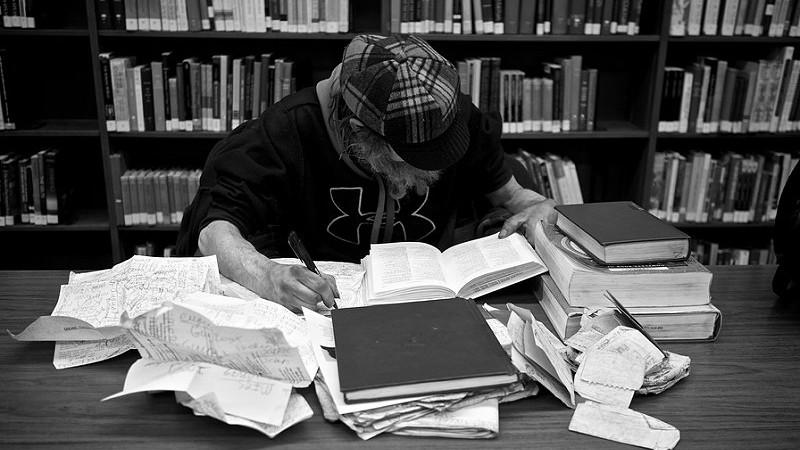Overcome the Language Plateau
Episode #10 of the course How to learn a foreign language by WordBrewery
Welcome to the final lesson! Give yourself a pat on a back. We’ve covered a lot of ground in just nine lessons! This is the last stretch.
In your language journey, you will eventually encounter the intermediate plateau.
The plateau is usually described as the feeling of “being stuck,” when your progress is no longer apparent. If you don’t see the point in studying anymore, you may have reached this stage.
This sensation typically happens at the intermediate-advanced level, in part because the learner can understand 60% to 80% of their target language. Their communication skills are “good enough,” but they are not yet fluent. For a visual representation of this frustrating phenomenon, check out this description by John Pasden.
Linguist Jack Richards describes what the plateau looks like:
• Unnatural speech
• Limited vocabulary
• Gaps between input (listening, reading) and output (speaking, writing) activities
• Lack of complex grammar usage.
Despite this list, the learner is close to fluency—they just have to push through this one last hurdle.
Progress isn’t immediately obvious because you must now delve into specificity. In other words, you need to stop using broad terms like cup and instead use mug, tumbler, or demitasse.
Here are some tips to help you from the plateau to fluency:
• Practice more complex grammar topics. It’s easy to become complacent and stick with simple grammar constructions. Don’t fall into this trap. Practice forming long sentences and using new conjugations. If you use the sentence flashcard method mentioned in lesson four, you already have good habits!
• Set vocabulary goals. Decide how many words you want to learn a day, and continue to learn vocabulary thematically. Richards believes that a vocabulary of about 5000-6000 should get you through to the next level.
• Challenge yourself by reading material just above your level. This will expose you to new vocabulary and grammar. Watch television or movies without subtitles to simulate a “native” watching experience.
• Continue to speak with native speakers. Try interacting in forums or writing blog posts in your target language. Go beyond basic tandems and push yourself to interact only in your target language.
Remember, learning a language is a marathon. In order to achieve fluency, it takes time and consistency. There will be times when you feel too tired. When this happens, try only doing five minutes of work. If you really need a break, passively study by listening to music or watching a movie in your target language. But don’t become addicted to passive studying; while it may be enjoyable, it’s no substitute for active learning.
We know that you can learn a new language and overcome this hurdle when the time comes! We hope this journey has helped you to better understand how to learn a language more efficiently. If you need help during the learning process, revisit any of these lessons for a spark of inspiration.
Visit Language Untapped for more articles about language and learning.
WordBrewery makes language learning a breeze. WordBrewery uses only real, recent, and relevant sentences pulled from newspapers around the world. No more computer-generated or canned phrases; no more isolated words and definitions. Discover a new language through sentences tailored to your interests. Try it for free, or subscribe for the full package.
Share with friends

